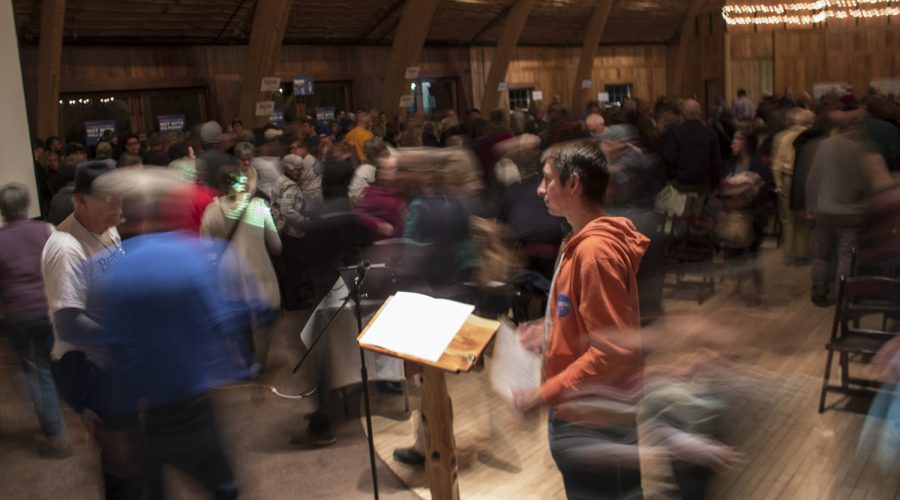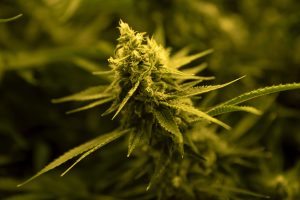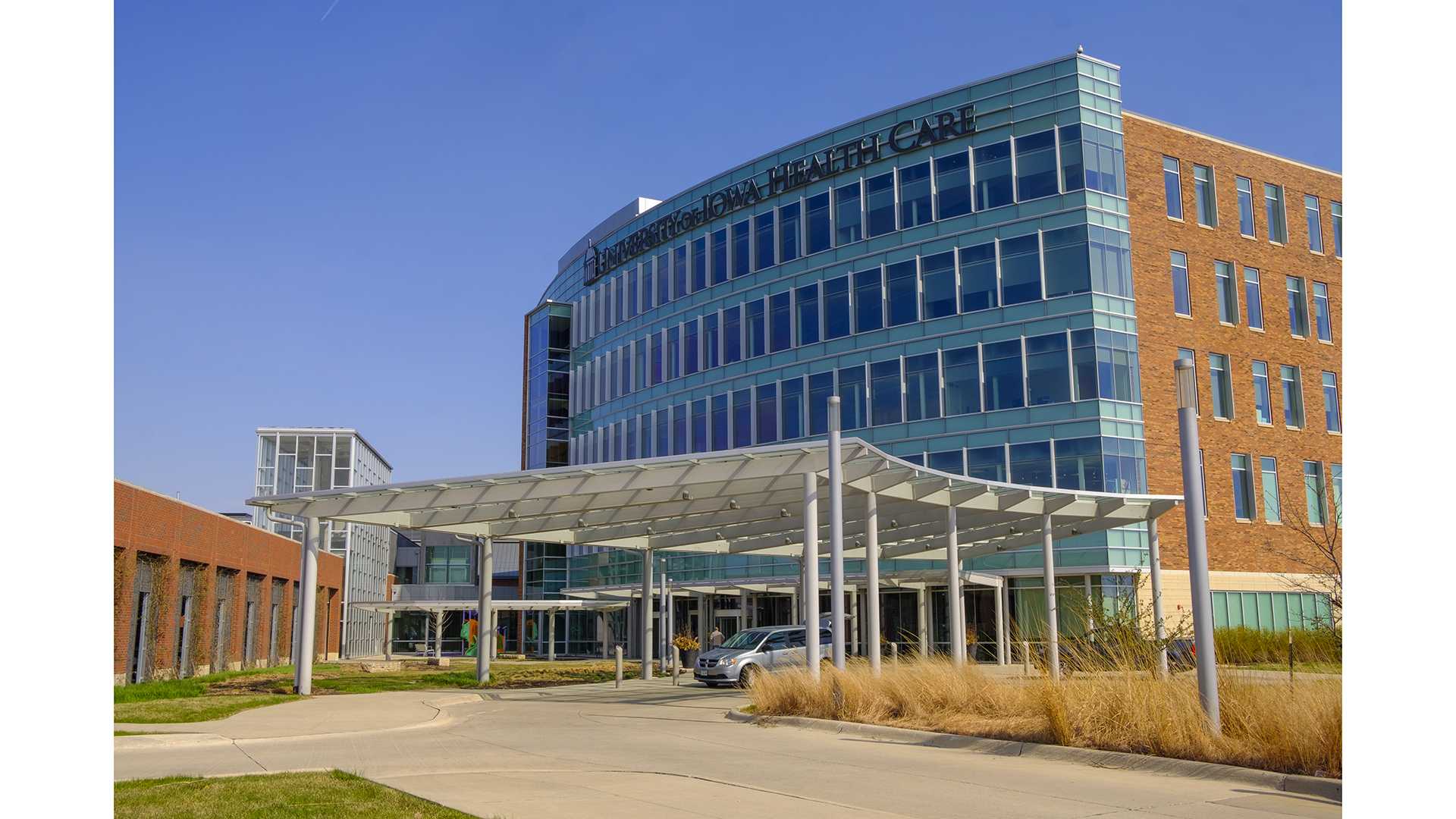Iowa Democrats set sight on 2020 caucuses
The Iowa Democratic Party is navigating rule changes ahead of 2020 caucuses
People move to different spots of the barn to be counted at the Democratic caucus at the Celebration Farm in Iowa City on Monday, Feb. 1, 2015. Democratic presidential candidate Hillary Clinton came out with four delegates while Bernie Sanders came out with three delegates.
November 29, 2018
Iowa will once again hold its first-in-the-nation title with caucuses set for Feb. 3, 2020 — exactly one month before “Super Tuesday,” on which nine states will hold their primaries to select nominees for president.
New mandates from the Democratic National Committee will mean several changes for each state’s party, but it is up to the state to decide how they will be implemented.
RELATED: Iowa Democrats weigh in on possible caucus changes
“The important thing to remember here is these are not Iowa-specific rules yet — those will come in the delegate-selection plan,” Iowa Democratic Party Executive Director Kevin Geiken said.
He noted that there are three changes that will affect Iowa’s caucuses: an option to participate without physically being at the precinct location, reporting the first expression of preference of a candidate on caucus night, and creating structures to be able to conduct an audit of caucus results.
RELATED: 2020 Watch: Who are the politicians visiting Iowa
Iowa has traditionally only published the state delegate equivalent, the estimated number of delegates a candidate would earn at the party’s state convention. Geiken said the party will likely continue to publish those numbers with the addition of first expression of preference. The results will also include the caucus-goers who begin as uncommitted.
To include the public in this process, the party has been speaking with caucus experts and taking feedback from the public through listening sessions and feedback from state Democrats as they write their delegate-selection plan for 2020.
“This whole change process is a way for us to be more accessible and more transparent as a party,” Geiken said.
In the new year, he said, the party will begin to train caucus precinct captains and attendees, secure locations for each caucus, and write the delegate-selection plan.
Geiken said he believes the 2020 caucuses will be well-attended, but he noted an increase in attendance would not clearly be attributed to one change.
“It’ll be hard to separate out what the increased participation is resulting from different rules that allow more participation versus just having a whole heck of a lot of candidates who are going to be encouraging people to show up,” he said.
Iowa Senate President Jack Whitver, R-Ankeny, noted that the Republican Party’s caucuses will presumably not be as large because the incumbent president is a Republican, but he noted that the state will continue to be a hotbed of political activity as the 2020 election gets closer.
“I think we’ve already seen signs that Iowa’s going to remain relevant,” Whitver said. “U.S. senators and U.S. representatives, other candidates for president have invested heavily in Iowa in this last cycle. They’ve made a lot of appearances, they donated money, and they’ve already started laying the groundwork. I think Iowa’s going to remain as relevant as ever, and I think it’s going to be an extremely heated, contested race on the Democrats’ side.”
UI political-science Associate Professor Timothy Hagle said that even if President Trump does not have a challenger, the Republican caucuses will still take place.
“There’s a lot of party business that takes place even if you’re not worried about candidates,” Hagle said
The Republican Party of Iowa had not returned interview requests by press time.
Iowa has seen its share of out-of-state politicians rumored to make a bid for the White House, including Sens. Kamala Harris, D-Calif., Bernie Sanders, I-Vt., Cory Booker, D-N.J., and Jeff Merkley, D-Ore.
Two candidates who have officially announced their run for president — Andrew Yang, a Democratic businessman, and Rep. John Delaney, D-Md. — have also made visits to the Hawkeye State.






